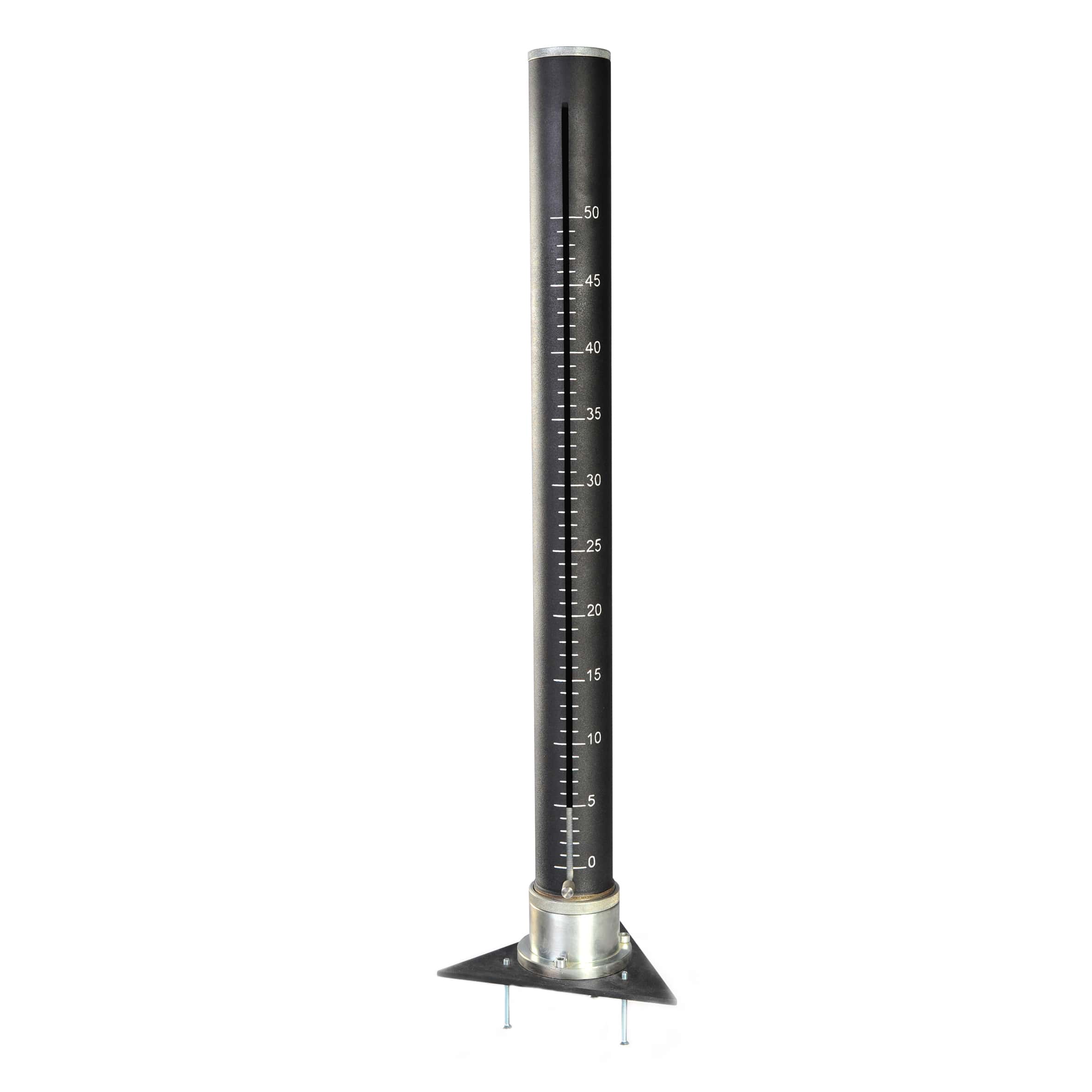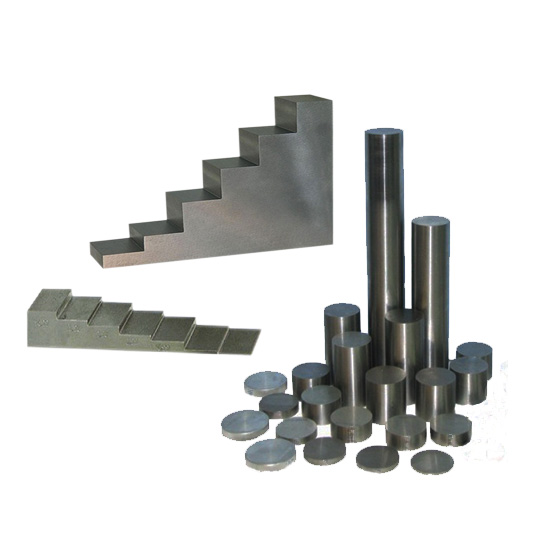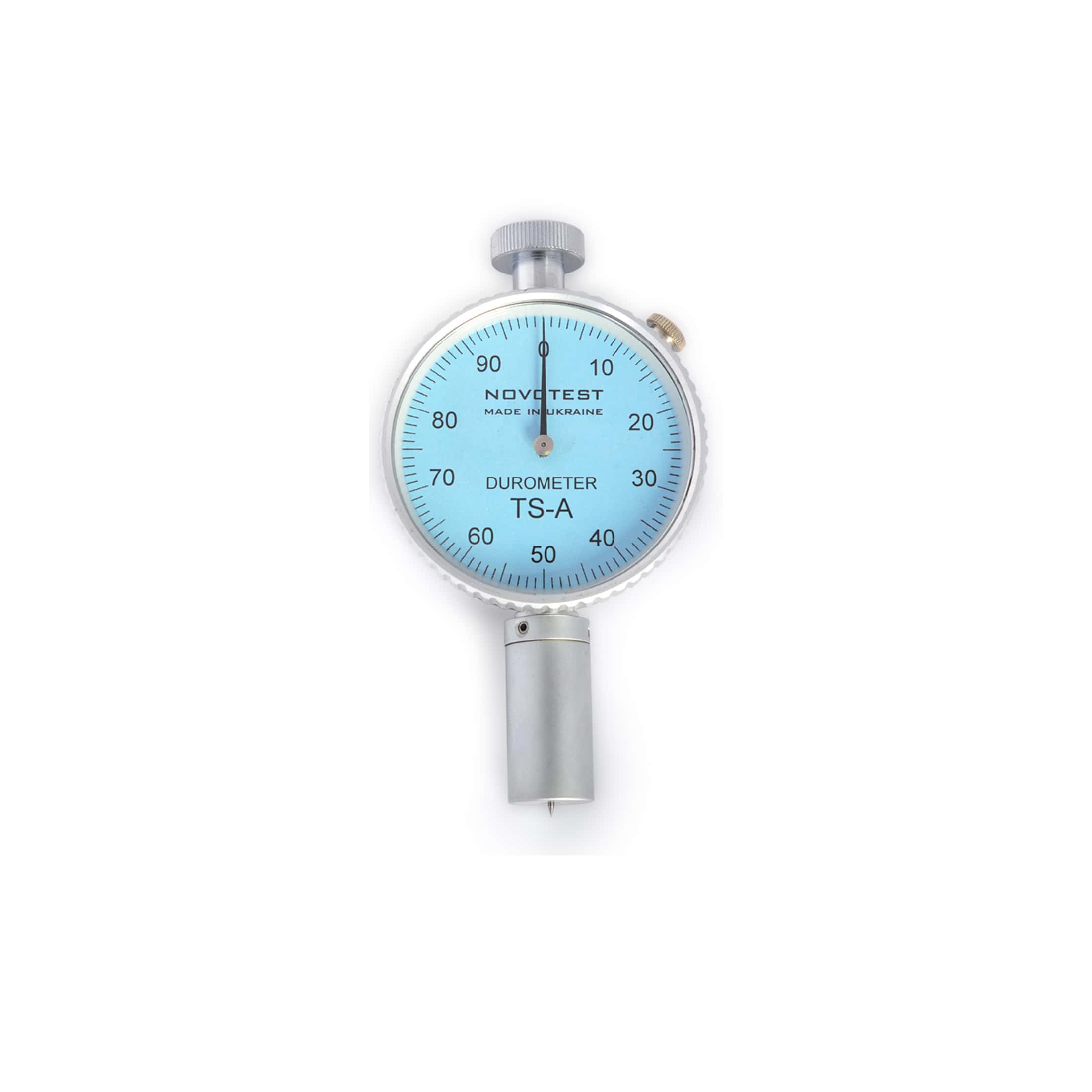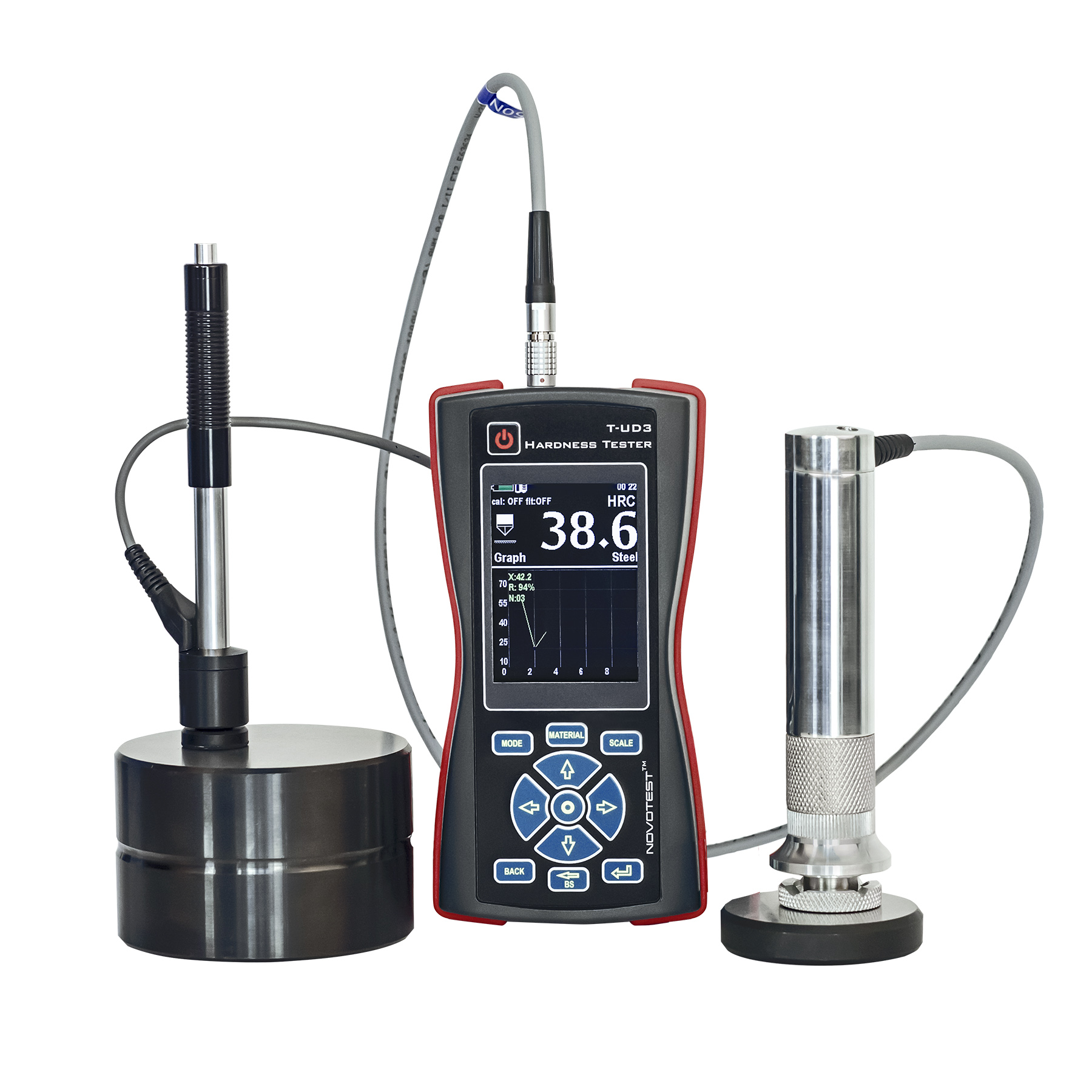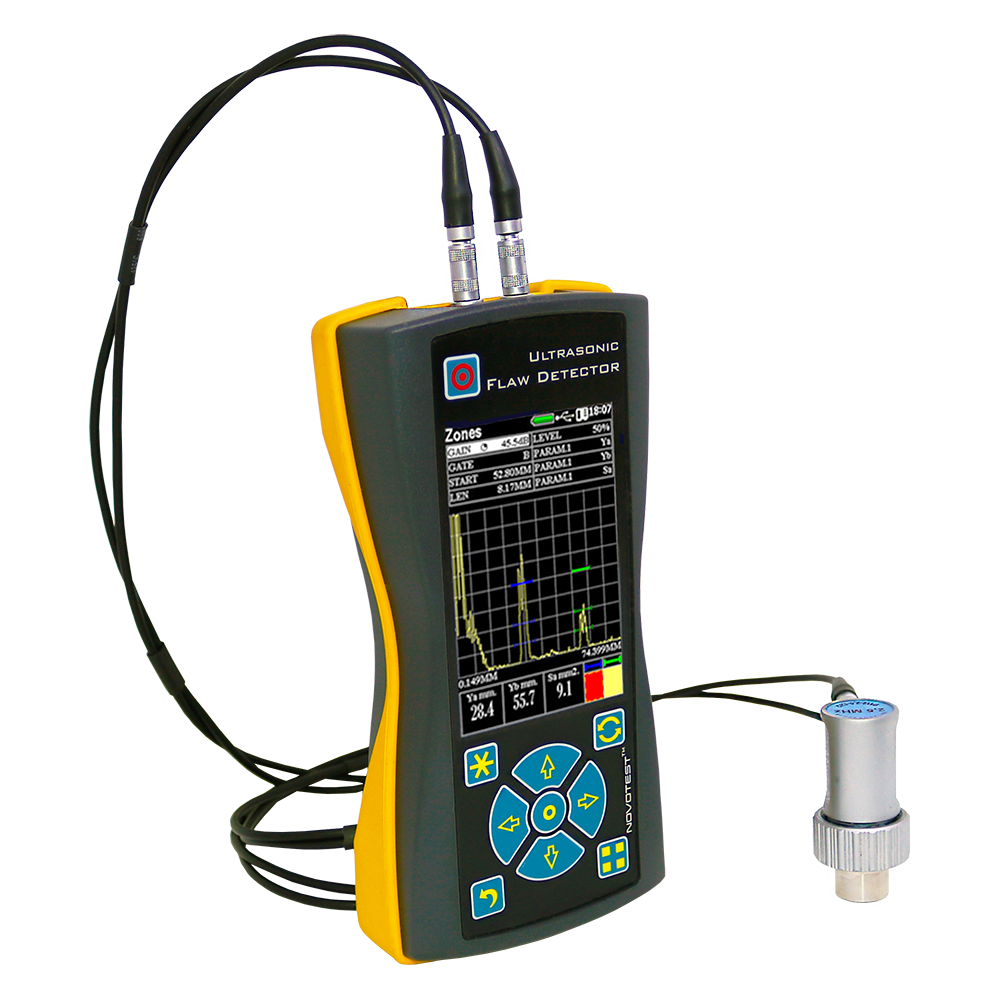Impact Tester, a specialized instrument designed for assessing the impact resistance and toughness of materials, particularly metals and alloys. Impact testing is crucial in industries such as manufacturing, construction, and material research to evaluate how materials respond to sudden forces. Here are the key features of our Impact Tester:
Novotest
Impact Tester
Key Features:
- Test Method: The Impact Tester typically employs one of several standard impact test methods, such as Charpy or Izod, to evaluate a material’s resistance to sudden impact or shock.
- Pendulum Design: The tester utilizes a swinging pendulum that is released from a known height to strike a notched or unnotched specimen. The energy absorbed by the specimen during fracture is measured and used to determine its impact toughness.
- Notched and Unnotched Specimens: The tester can accommodate both notched and unnotched specimens to assess how the presence of a stress concentrator, such as a notch, affects the material’s impact resistance.
- Adjustable Pendulum: The impact tester features an adjustable pendulum, allowing users to vary the energy applied to the specimen. Different pendulum sizes or weights may be used for different testing requirements.
- Specimen Fixturing: Fixtures or clamps are provided to securely hold the specimen during testing. Proper specimen fixturing is crucial to ensure repeatable and accurate results.
- Automatic and Manual Operation: Impact testers can be operated manually or in automatic modes. Automatic testers are often equipped with advanced features for increased efficiency and consistency in testing.
- Data Recording: The instrument may include features for recording and storing impact test data, allowing users to analyze and compare results for quality control and research purposes.
- Temperature Control (Optional): Some advanced models may offer temperature control features to assess the impact behavior of materials under different environmental conditions.
- Safety Features: Safety considerations are integrated into the design, including safety guards, interlocks, and clear indicators to ensure safe operation during testing.
- Calibration: Regular calibration checks are essential to ensure the accuracy and reliability of impact test results. Calibration is typically performed using standardized reference specimens.
- Digital Display: The tester is equipped with a digital display or interface to provide real-time information on the energy absorbed by the specimen during impact testing.
- Compliance with Standards: Our Impact Tester is manufactured to comply with relevant industry standards, such as ASTM E23 (Charpy) or ASTM D256 (Izod), ensuring that impact testing procedures adhere to established norms.





